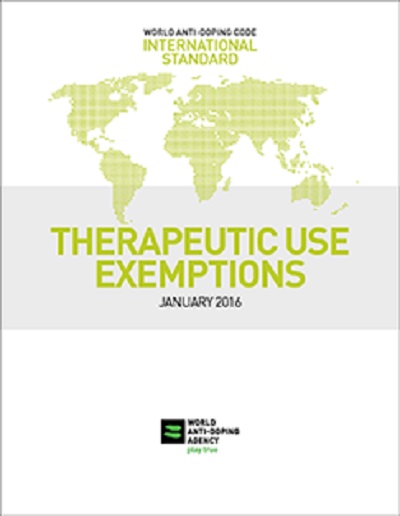 World athletics chief Sebastian Coe has defended the system of “therapeutic use exemptions” (TUEs) after medical data involving dozens of top sportsmen was leaked by a cyber hacking group.
World athletics chief Sebastian Coe has defended the system of “therapeutic use exemptions” (TUEs) after medical data involving dozens of top sportsmen was leaked by a cyber hacking group.
Many of the targeted athletes have been revealed to have received TUEs for the use of substances that would usually be on the World Anti-Doping Agency (WADA) banned list.
TUEs can be issued to athletes who have an illness or condition that requires the use of normally prohibited medication.
Among those with a history of TUE use who have had their medical details leaked as a result of a hack into the WADA system by cyber group Fancy Bears, which is believed to be based in Russia, are American tennis stars stars Serena and Venus Williams, American gymnast Simone Biles and British Tour de France-winning cyclists Bradley Wiggins and Chris Froome.
There is no suggestion that any of the named athletes have done anything wrong.
However, the leaking of their records has re-opened the debate about TUEs and in particular whether the system is open to abuse from competitors gaining a performance advantage by taking banned drugs when they are not suffering from a relevant medical condition.
But International Association of Athletics Federations president Coe told BBC Radio 5 Live’s Sportsweek programme on Sunday: “I think the TUEs system is a good system.
“Do we have to make sure that it is not being abused? Yes, of course. There is potential for that (exploitation), but I don’t think it is commonly the case,” added British middle-distance great Coe, the Olympic 1500 metres champion at both the 1980 Moscow and 1984 Los Angeles Games.
“Can the public have trust in it? Yes, I think they can, but it will need permanent vigilance,” explained Coe, who oversaw the IAAF’s decision to ban Russia from major track and field events following WADA revelations of “state-sponsored doping”.
Coe also insisted the TUE process was subject to detailed medical checks.
“TUEs are only given on the basis of an independent panel, it is not a general practitioner signing them off.”
– ‘Difficult area’ –
Coe, who used a spray to combat asthma during his own track career, said athletes deserved to have their medical records kept confidential.
“They have the right to the same types of privacy that we all have around our private medical information,” he said.
“But it is a difficult area. It might be conditions that are being treated around cancer or fertility issues. Should the athlete themselves be expected to put that into the public domain?
“We should be very protective of this information because, as we’ve seen in the last year, it is capable of being horribly interpreted.”
Meanwhile Coe called for reform of WADA to enable the global body to be effective in the ongoing campaign to rid sport of doping.
“WADA was created 17 years ago and it has done a phenomenally good job, but the world has dramatically changed in that period,” Coe said.
“The discussions should be focused on the challenges of having an organisation that has the dual policy of policing and regulation, whether it’s the same authority or same organisation that’s done that.
“Don’t misunderstand me, WADA is here to stay. But what it needs is greater independence and actually needs to look at its sources of funding.” – Agence France-Presse































